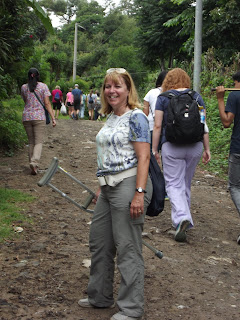How do you prepare for the Medical School Interview?

Dear Dr. Dale, I hope to interview for medical school during the next cycle and I was wondering how to prepare for the medical school interview? SH Illinois Dear SH, It is never too early to prepare for the interview. Interviewing skills are like any other skill, they can be learned and even the best candidates can always improve their skillset in this area to optimize their success chances in the admission process. Before discussing how to prepare I think it is important to understand the purpose of the interview. According to Debbie Melton Director of Admissions at OHSU School of Medicine, “We are looking for the applicant who has demonstrated a balance between having the academic horsepower to succeed in medical school and having tested their motivation and commitment to medicine. We want them to explore the health care field and solidify their commitment to becoming an MD, along with demonstrating their social consciousness by helping oth...




